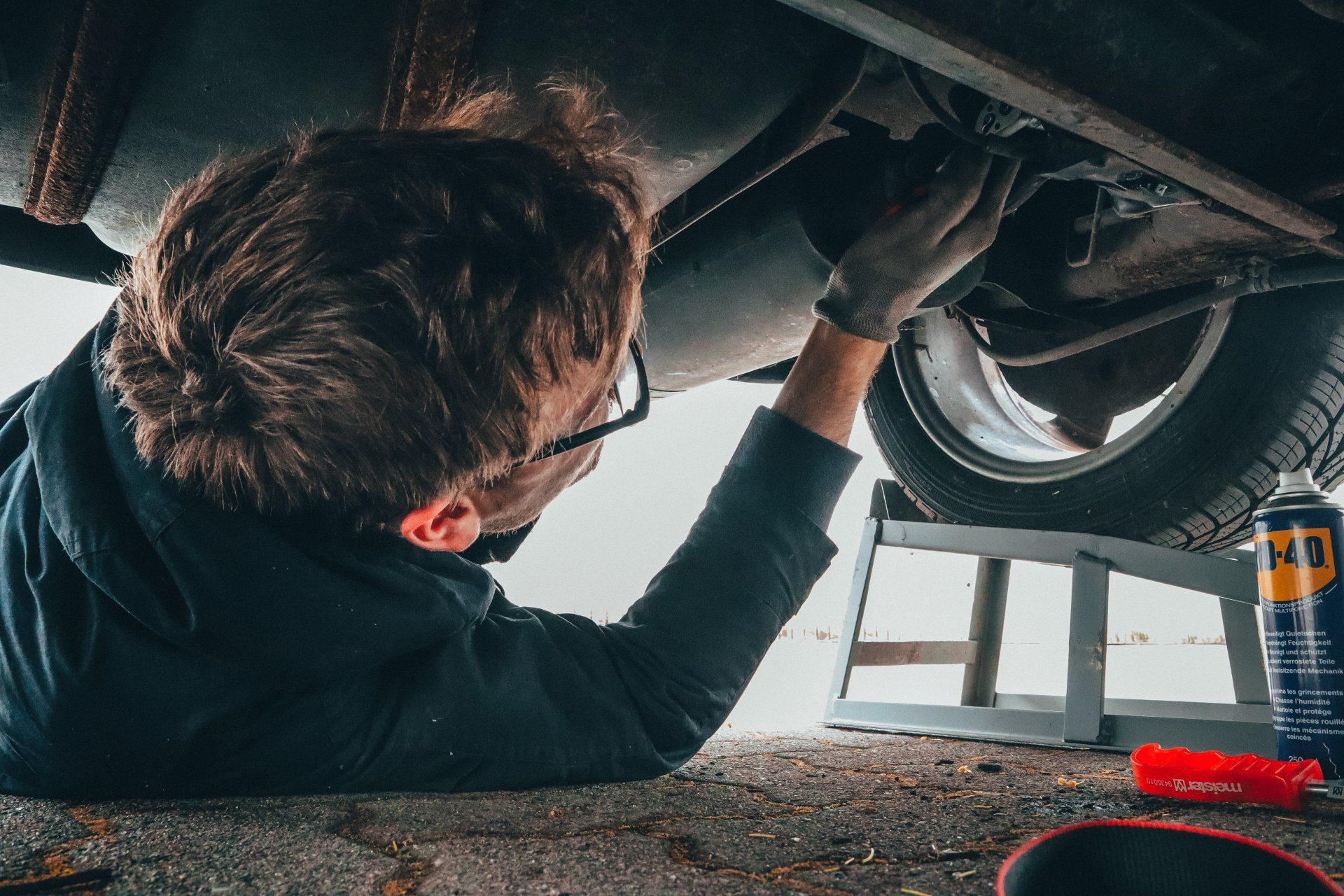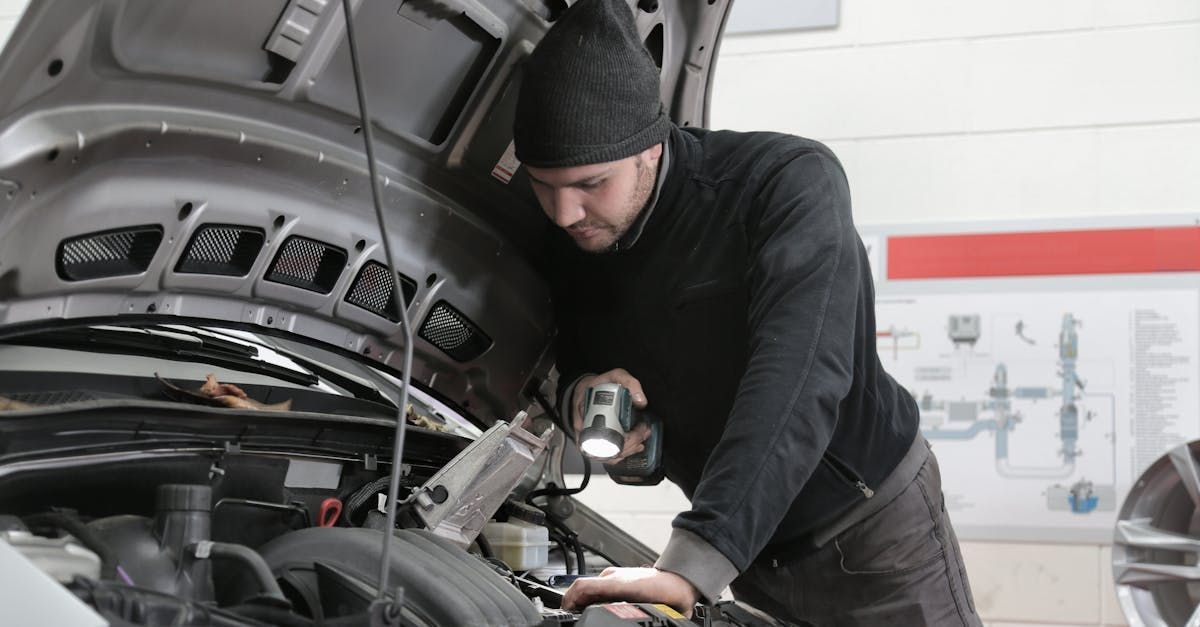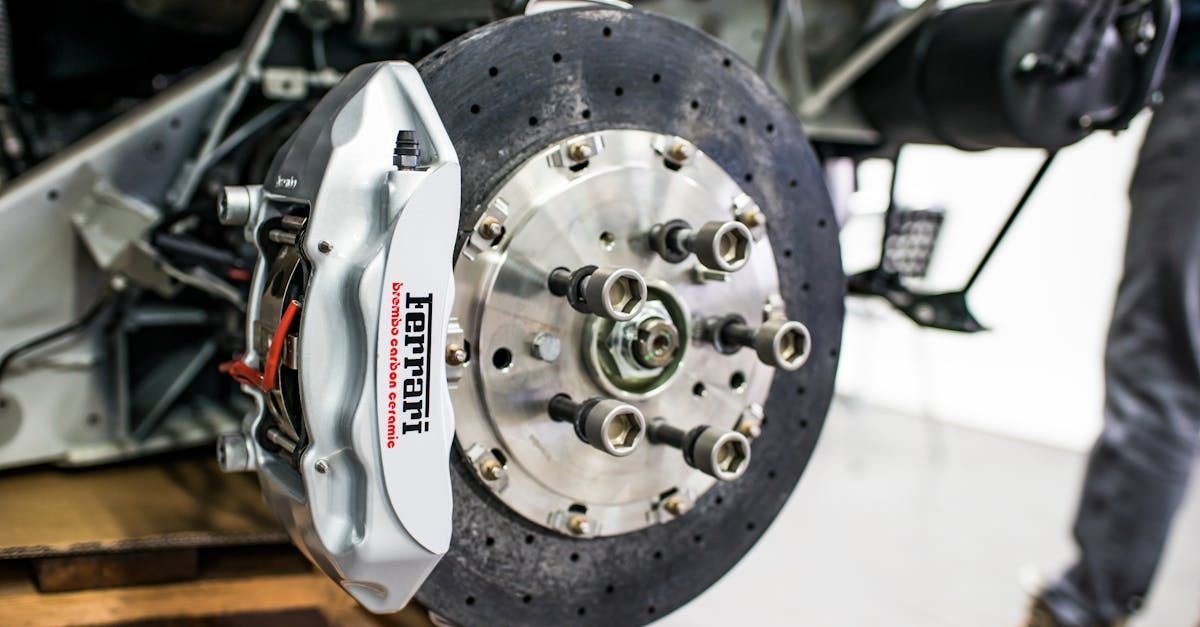Our Blog
Trust Eby’s Garage in Boonsboro, MD for accurate auto diagnostics. Our skilled team identifies & resolves issues swiftly. Schedule an online appointment now!
Discover top auto maintenance tips from Eby’s Garage in Boonsboro, MD. Enhance your vehicle's performance. Call us today!
Discover expert oil & lube change insights at Eby’s Garage in Boonsboro, MD. Enhance your vehicle's performance and longevity with our detailed guide. Visit us today!
Ensure top-notch brake performance at Eby's Garage in Boonsboro, MD. Our expert brake repair services guarantee safety and quality. Visit us today!
Expert HVAC repair in Boonsboro, MD at Eby's Garage. Ensure optimal performance with our professional service. Schedule an online appointment now!
Discover top-notch engine repair at Eby's Garage in Boonsboro, MD. Enhance your car's performance with our expert care. Visit us today!
Discover expert auto diagnostics at Eby’s Garage in Boonsboro, MD. Ensure vehicle health with our top-tier services. Schedule an online appointment now!






